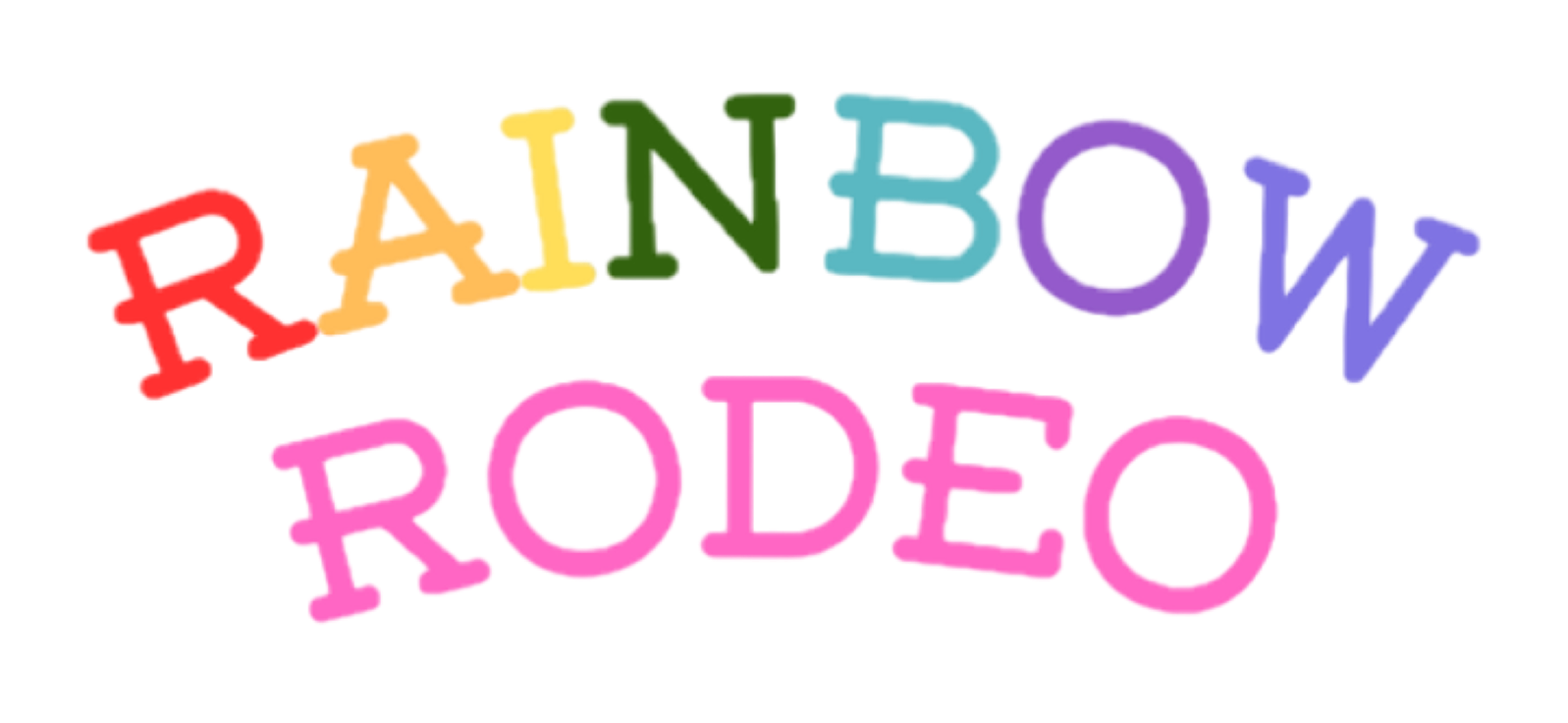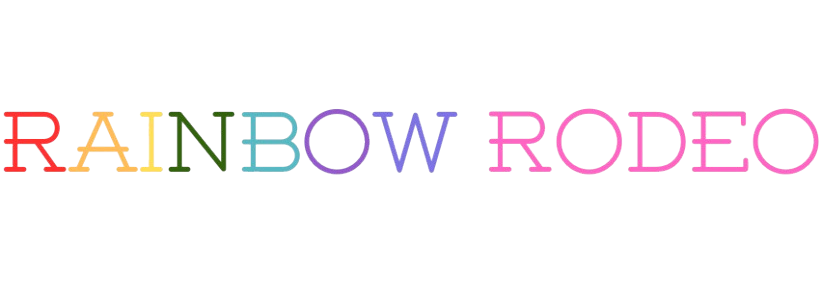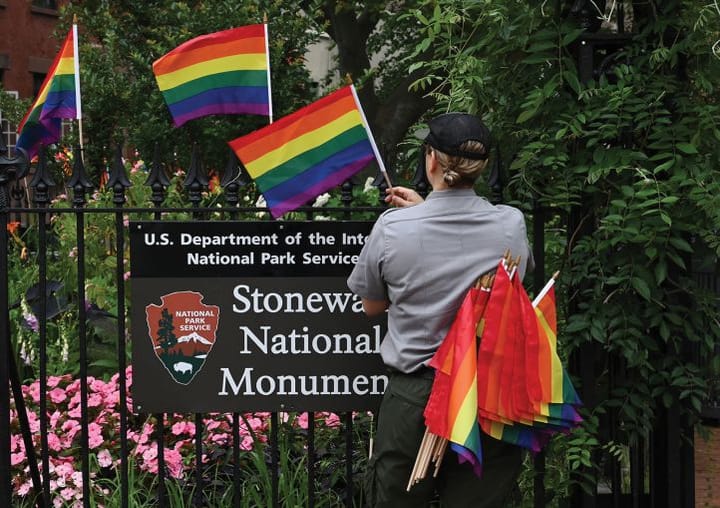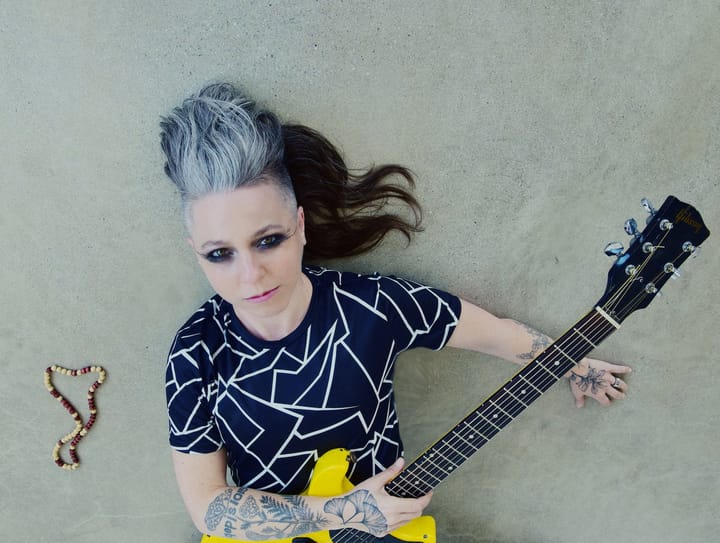Why We Can't Get Along
Mainstream country has a huge blind spot in its quest for American unity
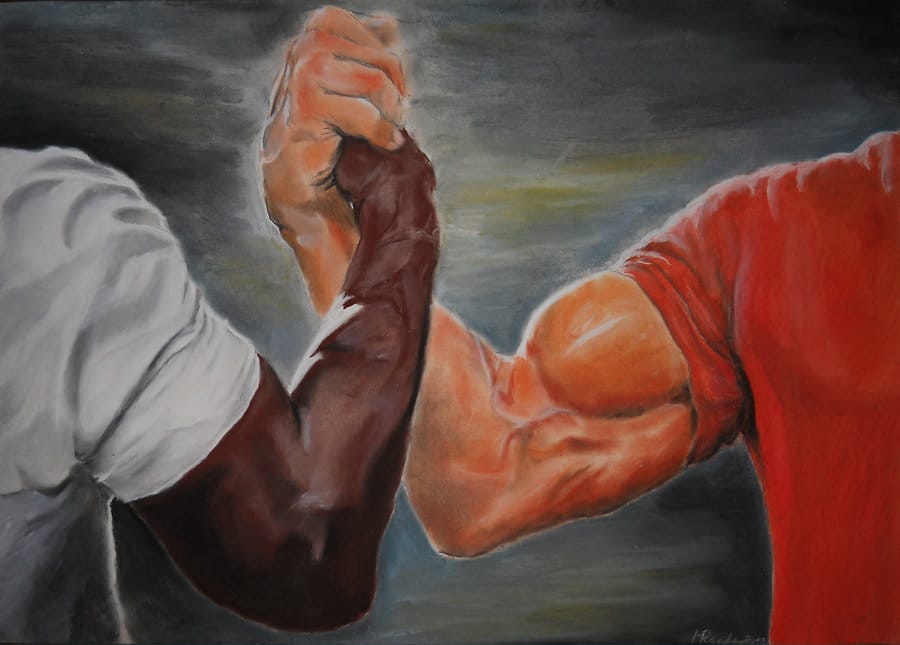
We will have the next four years to review statistics and try to understand why Donald Trump won and where Harris (and by extension) the Democrats lost their way. I don't think there's much to be found though – not beyond good old xenophobia misogynoir. But there is one question that will certainly be asked throughout the next four years: why can't we all just get along?
Even more reliably is this question that will launch a thousand bland and oblivious country songs. This year has already brought us a dubious crop of them, each more risible than the last. A brief review, I think, will explain that, at this present moment, we simply can't.
First up is Phillip Lammonds and Darius Rucker's "Love Is Love," which should once and for all banish that phrase from any conversation about gay rights. (Especially since it was coined by the decidedly straight and impossibly cringe Lin-Manuel Miranda.) The song begins with Rucker's velvety voice listing a string of polar opposites:
Black, white, Yankee, rebel
Country boy singin' Aaron Neville
And then: "gay, straight...I don't care...'cause love is love." First of all, comparing sexual orientation to ummmm supporting slavery and lynching is quite the feat. But also acting as if these differences are simply not a big day, just petty differences to be overcome like one's taste in music, fills me, at least, with incandescent rage. Rucker is the guy with a top 40 hit decrying Charleston's flying the Confederate flag in the state capital. Are you fucking kidding me with this shit?
I guess being rich really does change you.
So yeah, being gay or straight – just a matter of preference and circumstance, like "Crimson Tide or War Eagle."
But don't think a bunch of middle-aged guys on Music Row are the only ones peddling this astonishingly naive point of view.
New Orleans-based Andrew Duhon's "Waco Kool-Aid" starts off caustic enough, rejecting American complacency and pat historical narratives. And then...well, you be the judge – maybe I overreacted when it initially came out a few weeks ago, but the second verse begins
We're all wise-guys with wi-fi and freedom of speech/The truth is the truth is obsolete...Welcome to the contest of your American pride/No need to measure the ability to change your mind/We'd rather draw the line between us and them/And the way you vote makes you foe or friend
Duhon wrote the song based on conversations he had with people of many political stripes during his travels. The music video depicts two neighbors (both heterosexually married white men) who get to know each other and enjoy letting their kids play together. Once they realize the guy across the street is in a different camp, their hatred grows and they are lured into a tent to drink the "Waco Kool-Aid" of...I don't know, political echo chambers? And, of course, it turns out to be the same tent. Because we're all intoxicated by the Man, I think? As Duhon says "we all kind of want the same thing."
Do we, though? I don't think it's a coincidence that both of these songs privilege (white) male viewpoints – and that these are the voters who ultimately propelled Trump across the finish line. There is simply a willful blindness that anything matters beyond the family depicted in Duhon's video. If we all get that cute little backyard and picket fence, why do we still need to fight?
These people are genuinely not seeing (not to mention caring) that the stakes truly are life and death, including for LGBTQ+ people. It's just not something on these guys' radar – rather, they see our demands for recognition and legally enshrined rights as rigid political dogma.
At the end of the day, we're harshing the vibe.
And that's why we can't get along – not until the people who think that's what will fix this refuse to understand why someone else might be, like, extremely upset about the way things are going!!!
Interestingly enough, Tim McGraw and Tyler Hubbard (the non-shitty FGL guy) put a song out a few years ago called "Undivided." The lyrics are just vague enough that they can appeal to either side of the aisle: you shouldn't bully a kid for "things he couldn't change," (is he queer? Fat? BIPOC? A Christian evangelist?) but you can hold on to your Christian values and have a little empathy for people you'd prefer to cast aside.
Well, okay, this is Nashville (and New Orleans) being Nashville. So what? I think this matters because a) it's a window into normie thinking – especially considering how popular country music has become and b) everyone wants a piece of cowboy aesthetics right now.
I don't know about you, but I thought it was quite noticeable how quickly Harris supporters, especially in Red states, threw on cowboy hats and fringe. I don't remember this happening with Biden, and certainly not Hillary. The camo hats, Walz dadding it up, and so on. Outside of the DNC, cowboy style is having a moment, according to GQ. (This article even came out today.)
And, of course, the camo hat is a nod to Chappell Roan, who just belted out a banger of a queer country song on SNL. There is something deep and powerful about country music and its aesthetics: if there's one thing we all can agree on, there is an essential American-ness to it. The question is: whose America does it reflect, and can it represent everyone's?
We know that the answer is yes. That's why Rainbow Rodeo is here. Country music, and America, belongs to everyone – and we will not and cannot lose sight of that.
